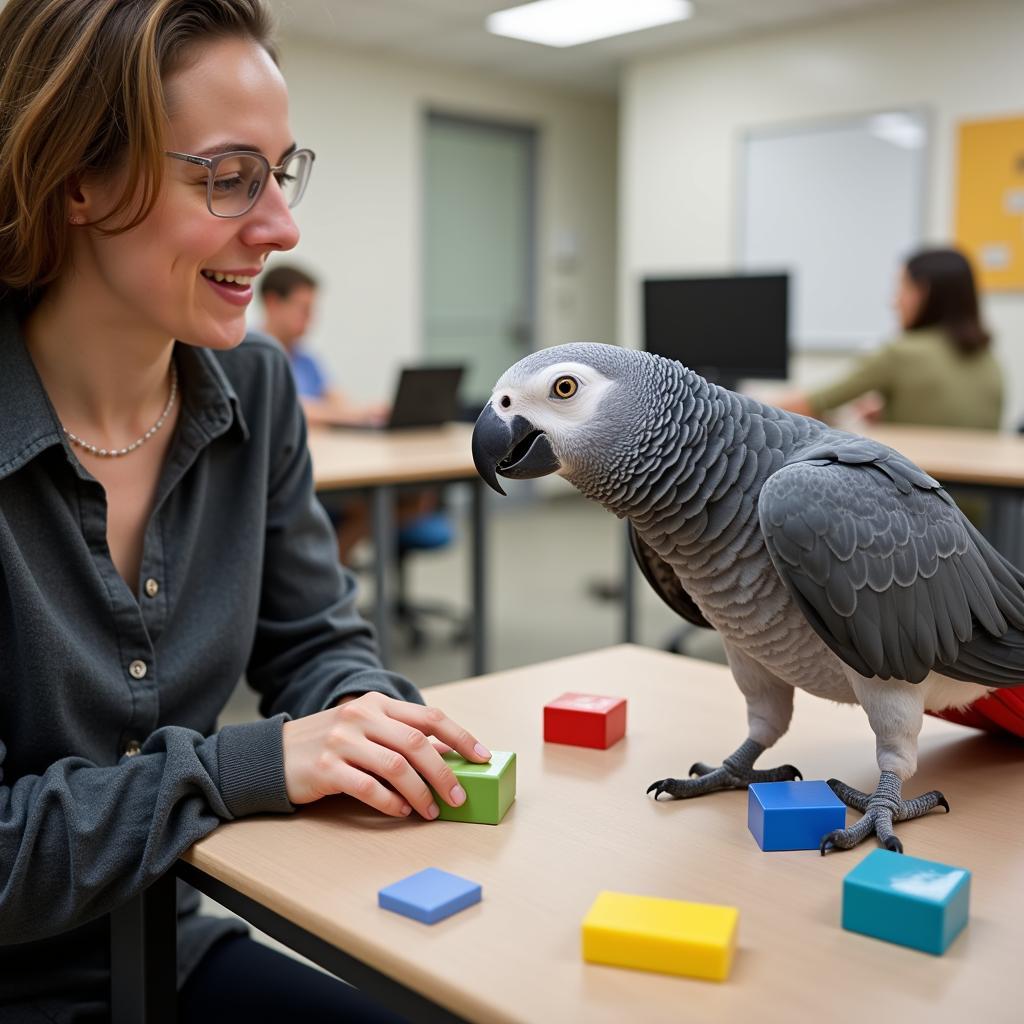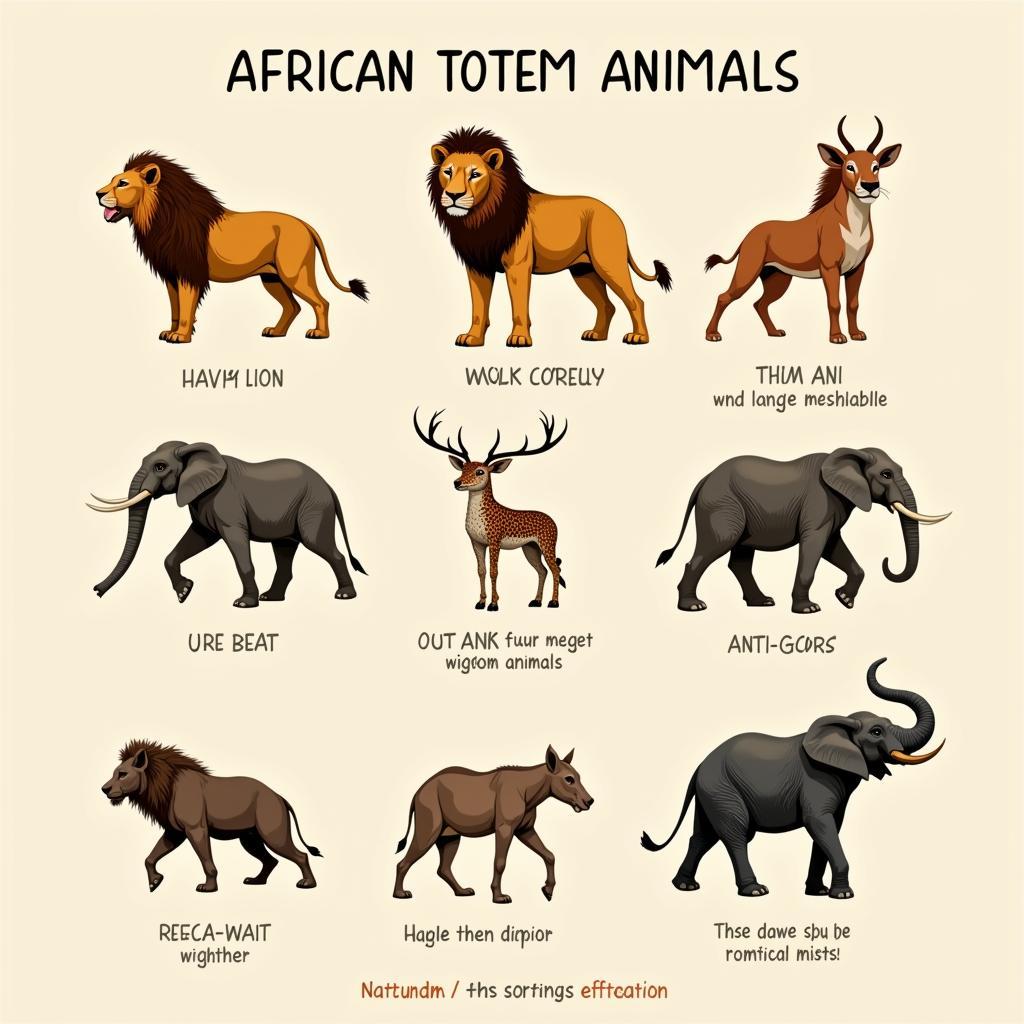Unveiling the Captivating History of the African Grey Parrot
The African grey parrot, a remarkable species renowned for its intelligence and talking abilities, boasts a rich history intertwined with human interaction. From ancient civilizations to modern homes, these birds have held a unique place in our world, their story as captivating as their mimicry. Let’s delve into the fascinating history of the African grey parrot.
From Ancient Egypt to the Modern World: Tracing the African Grey’s Journey
The African grey parrot’s presence in human society dates back centuries. Ancient Egyptians revered these birds, considering them sacred symbols of intelligence and eloquence. Hieroglyphics and artwork depict African greys alongside pharaohs and deities, showcasing their esteemed status. This early appreciation for the bird’s cognitive abilities laid the groundwork for its enduring popularity. The demand for these intelligent companions continued through the Greco-Roman era, where they were prized possessions of the elite. Tales of their remarkable mimicry and problem-solving skills spread throughout the ancient world, further solidifying their place in human history.
The trade routes that connected Africa with Europe and Asia facilitated the movement of African greys across continents. For centuries, these birds were sought-after commodities, traded for spices, silks, and other precious goods. Their ability to learn human language made them highly desirable companions, and their presence in aristocratic households became a symbol of wealth and status. However, this popularity also fueled the demand, which impacted wild populations.
The age of exploration and colonization further cemented the African grey parrot’s place in European society. Explorers and traders brought these birds back to Europe, where they became popular pets among the upper classes. Their ability to mimic human speech fascinated scientists and naturalists, leading to early studies of avian intelligence and communication. This period saw a surge in the demand for African greys, further impacting their wild populations.
The African Grey Parrot’s Impact on Scientific Understanding
The African grey parrot’s exceptional cognitive abilities have made it a key subject in scientific research. Studies on individuals like Alex, the renowned African grey trained by Dr. Irene Pepperberg, have revolutionized our understanding of animal intelligence. Alex’s ability to understand concepts like color, shape, and number challenged long-held beliefs about the cognitive limitations of non-human animals. His accomplishments opened up new avenues of research, shedding light on the complex cognitive processes that underlie language and thought in both humans and animals.
 African Grey Parrot in Cognitive Research
African Grey Parrot in Cognitive Research
Beyond language, African greys have also contributed to our understanding of social behavior and tool use in birds. Research on wild populations has revealed the complex social structures and communication strategies employed by these birds in their natural habitats. Observations of their tool use in the wild have further demonstrated their adaptability and problem-solving skills, providing valuable insights into the evolution of intelligence in the animal kingdom.
You might also be interested in African chromosome or African genetic makeup to further understand this fascinating creature’s biology.
Conservation Efforts and the Future of the African Grey
The popularity of the African grey parrot, while contributing to its fame, has also led to significant challenges. Habitat loss and the illegal pet trade have decimated wild populations, placing these remarkable birds at risk. Conservation efforts are crucial to ensuring the long-term survival of this species. Organizations are working to protect their natural habitats, combat illegal trapping and trade, and educate the public about responsible pet ownership.
What does the future hold for the African grey parrot? With continued research, dedicated conservation efforts, and responsible pet ownership, we can hope to secure a brighter future for these intelligent and captivating birds. The journey of the African grey parrot, from ancient icon to modern research subject, continues to unfold, reminding us of the interconnectedness of humans and the natural world.
Conclusion: A Legacy of Intelligence and Resilience
The history of the African grey parrot is a testament to its remarkable intelligence and resilience. From ancient reverence to modern scientific inquiry, these birds have captivated human imagination and enriched our understanding of the animal kingdom. Protecting these intelligent creatures for future generations is not just a conservation imperative; it’s a responsibility we owe to a species that has given us so much. Let’s continue to learn from and protect the African grey parrot, ensuring its story continues for centuries to come.
Interested in African animal mounts? Learn more about how these practices impact the African grey’s ecosystem.
FAQ
- How long do African grey parrots live? African grey parrots can live up to 50-80 years in captivity with proper care.
- What do African grey parrots eat? Their diet consists primarily of seeds, nuts, fruits, and vegetables.
- Are African grey parrots good pets? African greys can make wonderful companions, but they require significant time, attention, and specialized care.
- How intelligent are African grey parrots? They are considered one of the most intelligent bird species, with cognitive abilities comparable to a young human child.
- Why are African grey parrots endangered? Habitat loss and the illegal pet trade are the main threats to their survival.
- Can African grey parrots really talk? Yes, they are renowned for their ability to mimic human speech and other sounds.
- How can I help conserve African grey parrots? Supporting conservation organizations and advocating for responsible pet ownership are key ways to help.
Common Scenarios and Questions
- Scenario: I want an African grey but am worried about the commitment. Question: What are the daily care requirements of an African grey parrot?
- Scenario: I found a seemingly abandoned African grey chick. Question: What should I do if I find a lost or injured African grey parrot?
- Scenario: My African grey isn’t talking. Question: How can I encourage my African grey to talk?
You may find beautiful African art for sale online featuring these fascinating birds.
Related Questions and Further Reading
You might also be interested in learning about the different subspecies of African grey parrots or the specific laws regarding their ownership in your region.
If you are fascinated by unique human traits, you might want to read about African American with grey eyes.
Contact Us
For any support or assistance regarding African grey parrots or related topics, please contact us:
Phone Number: +255768904061
Email: [email protected]
Address: Mbarali DC Mawindi, Kangaga, Tanzania.
We have a 24/7 customer service team available to assist you.




